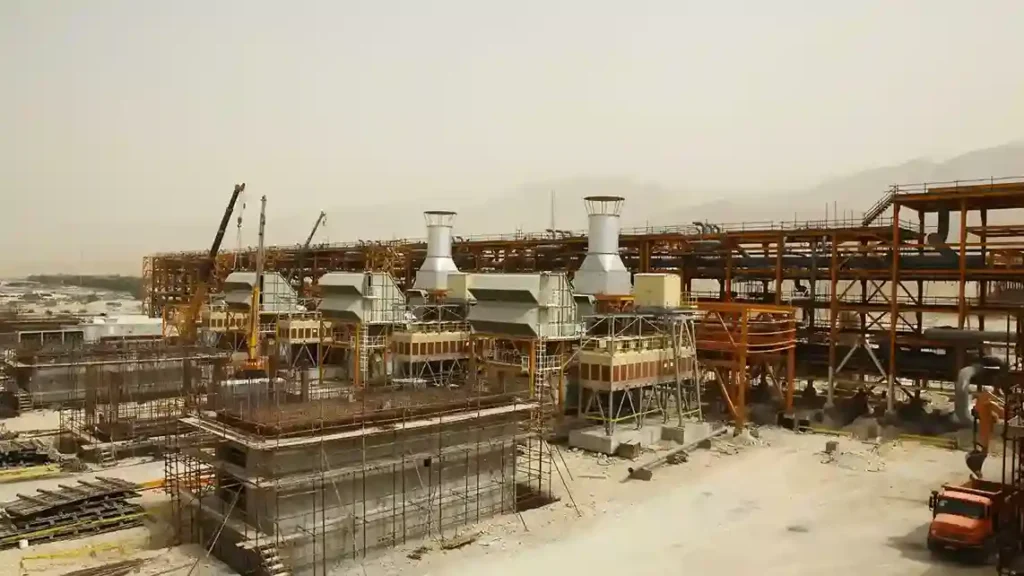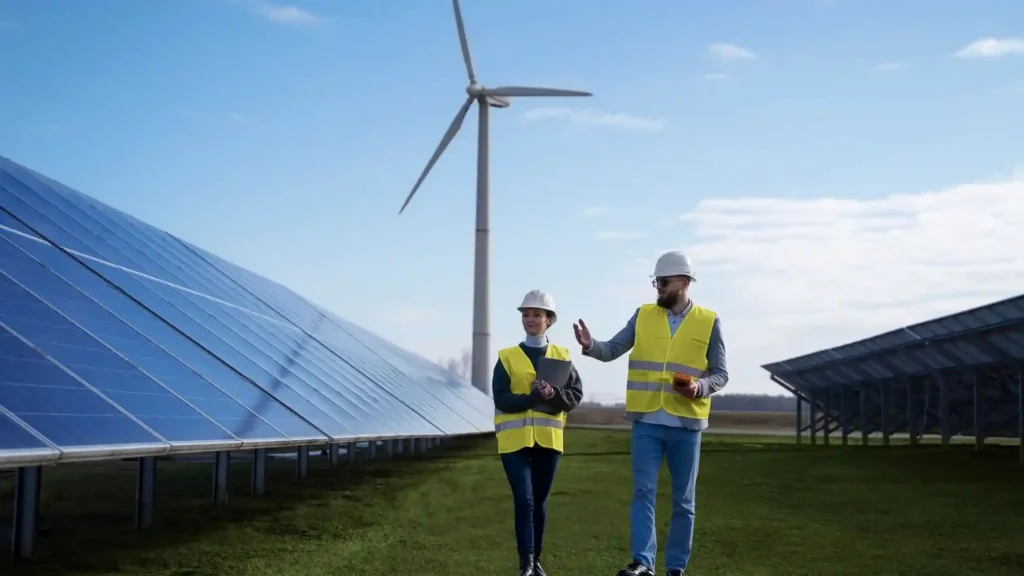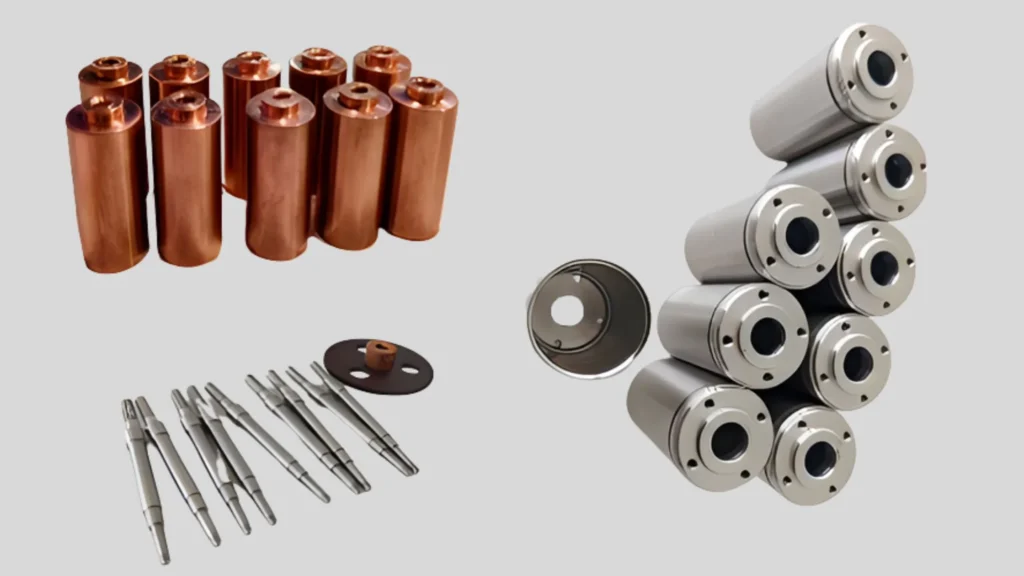In India’s rapidly evolving automotive landscape, CNC machining stands at the forefront of manufacturing innovation. By enabling unmatched precision, scalability, and speed, CNC (Computer Numerical Control) technology empowers automotive companies to meet rising quality standards, optimize production efficiency, and remain competitive both locally and globally.
What is CNC Machining and Why Does it Matter in Automotive?
CNC machining is a manufacturing process where computer-programmed instructions control machine tools to cut, shape, or finish materials with high accuracy. In the automotive sector, this means parts—from engine blocks to minute gears—are crafted to exact tolerances for peak safety and performance.
India’s automotive industry is expected to reach nearly $300 billion in annual revenue by 2026, with CNC machining playing a crucial role in component production.
Key Benefits:
- Computerized precision ensures consistent quality across thousands of units.
- Automated cycles enable 24/7 production with minimal human error.
- Flexibility allows quick adaptation to design changes or custom requirements.

Sustainability Gains: The CNC-enabled push for lightweight components is helping companies meet India’s BS-VI emission norms and global fuel efficiency standards.
To understand the basics in-depth, refer to our guide on what is CNC machining.
Advantages of CNC Machining for the Indian Automotive Sector
Superior Quality and Repeatability
CNC machines deliver consistent, repeatable results. Every machined component—no matter the quantity—matches the engineering blueprint precisely. This quality is crucial for safety-critical automotive parts.
Fast, Scalable Production
- Automated systems enable rapid turnaround from prototyping to mass manufacturing.
- OEMs and suppliers can meet diverse demands, from single custom runs to large-scale orders.
- CNC processes reduce lead times, helping Indian manufacturers stay agile.
Reduced Costs and Waste
- Precise cutting and automated workflows minimize material wastage.
- Reduced manual labor and error rates lower total production costs.
Advanced Complexity and Customization
- CNC empowers manufacturers to produce highly complex geometries—multi-axis machining supports intricate engine parts, dashboard elements, and lightweight chassis components.
- Rapid design changes (e.g., for new vehicle models) are easy and cost-effective.
Enhanced Safety and Compliance
Products made via CNC machining meet stringent automotive standards and regulatory demands. This reassurance strengthens confidence in parts supplied to both Indian and export markets.
According to the Automotive Component Manufacturers Association of India (ACMA), more than 70% of tier-1 auto suppliers now use CNC technology to boost quality and precision.
Key Applications of CNC Machining in the Indian Automotive Industry
| Automotive Component | How CNC Supports Production | Key Benefits |
| Engine Parts | Cylinder heads, pistons, blocks, casings | High precision, material durability |
| Transmission Components | Gearboxes, shafts, drive axles | Complex geometry, minimized error |
| Lighting Systems | Headlight/taillight reflectors, mounts | Accurate, seamless fitting, optical quality |
| Chassis & Body Parts | Suspension arms, brackets, frame connectors | Strength, dimensional stability |
| Custom & Prototype Parts | Design validation, R&D, low-volume specialty | Faster iteration, reduced time-to-market |
Mahindra & Mahindra implemented high-speed CNC machining for gearbox components in 2024, reducing lead time by 25% and increasing gearbox reliability, which contributed to higher customer satisfaction scores that year.
Examples:
- Engine Manufacturing: CNC machining ensures that engine blocks, crankshafts, and pistons meet exact tolerances, improving fuel efficiency and lifespan.
- Gears and Transmission: Multi-axis CNC machines cut gears and shafts with complex profiles, ensuring smooth operation and durability under high stress.
- Lighting Components: CNC processes plastics and metals for reflector housings and mounting brackets, essential for modern headlight assemblies.
How CNC Machining Meets the Industry’s Emerging Challenges
Meeting India’s Growing Demand
The local automotive industry is scaling fast—CNC machining supports bulk, high-speed production of quality parts essential for cars, motorcycles, commercial vehicles, and electric vehicles.
Advancing Innovation
- Prototyping and Customization: CNC enables rapid prototyping for new vehicle models, facilitating R&D and innovation.
- Lightweighting: Creating complex, lightweight, and strong parts contributes to fuel efficiency and sustainability.
Supporting MSMEs and Tiered Suppliers
Indian MSMEs (Micro, Small, and Medium Enterprises) benefit from CNC adoption—leveling the playing field through access to precision manufacturing formerly limited to large OEMs.
Micro, small, and medium enterprises (MSMEs) are investing in CNC to meet rising demand for electric vehicle parts and exports, fostering innovation at every level of the supply chain.
CNC Machining and the Indian Automotive Supply Chain
- Vendor Consistency: Tier-1 and Tier-2 suppliers use CNC to guarantee uniform standards across vast supply networks.
- Export Readiness: CNC-produced parts can easily meet global automotive standards, unlocking international opportunities for Indian manufacturers.
In 2023, Tata Motors adopted multi-axis CNC machining for engine assembly. This step cut their engine part defect rate by 30% and improved assembly speed by 18%.
Conclusion
CNC machining is at the heart of India’s automotive manufacturing revolution. By delivering precision, scalability, and cost savings, it empowers businesses to meet industry challenges head-on. Companies ready to upgrade their manufacturing with CNC technology will stay ahead, achieving superior product quality and operational efficiency.
If you are looking for CNC machining services to support your manufacturing industry, we at Venttup are happy to help. As one of the leading CNC machining service providers in India, we offer services to various industries including aerospace, metros and railways,automotive, shipbuilding, and more. Get in touch with us for more information.
If your business is exploring advanced manufacturing, discover more in our cnc machining blog for detailed insights and industry trends.
How does CNC machining provide a competitive edge in the Indian automotive industry?
It significantly improves part quality, speeds up production cycles, enables innovation, reduces costs, and ensures strict adherence to safety standards—positioning Indian companies for both domestic and international success.
Which automotive parts are most commonly made with CNC machining?
Engines, transmissions, gears, lighting assemblies, suspension systems, and custom prototype parts all benefit from CNC precision.
Is CNC machining suitable for both large and small manufacturers?
Absolutely. From major OEMs to MSMEs, CNC fits a wide range of production scales and budgets. Its flexibility supports both mass production and highly customized, small-batch projects.







